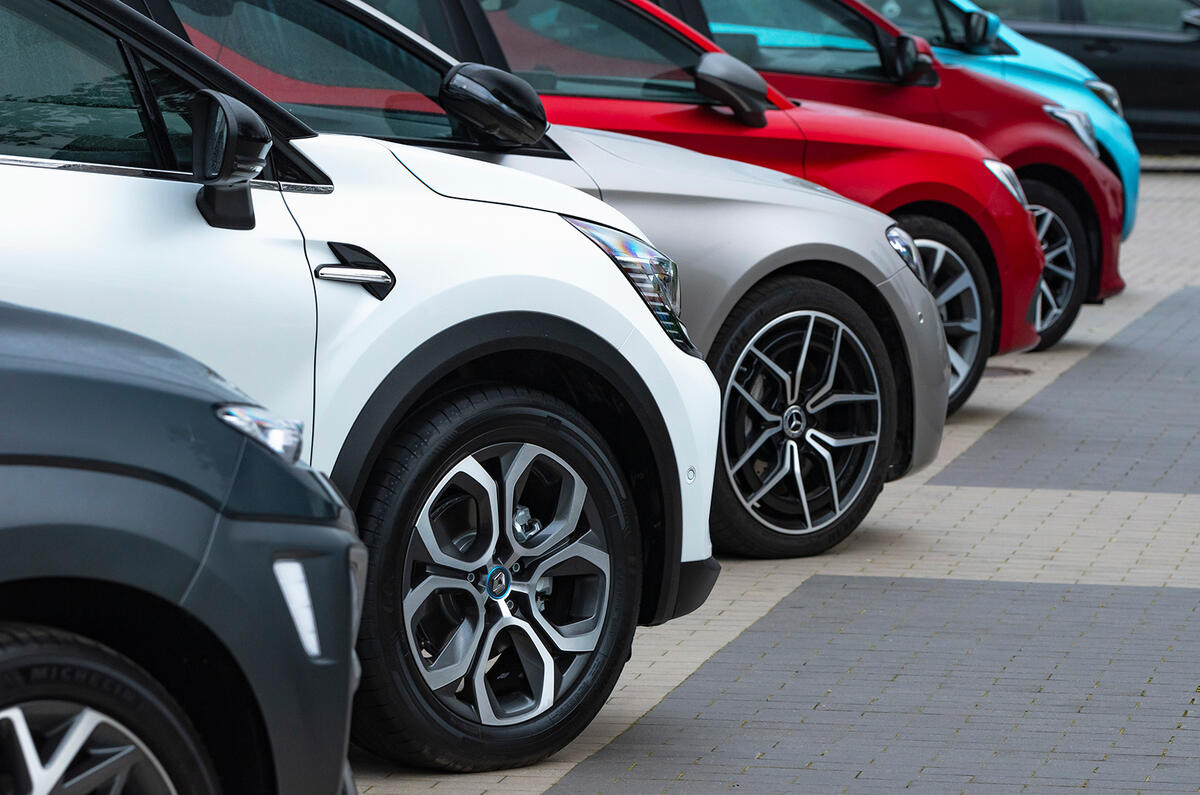Since early 2020, the automotive industry has battled against a relentless onslaught of setbacks. Covid, Brexit, logistics issues and, more recently, the cost-of-living crisis mean that UK new car sales have been down by -30% for three consecutive years – making this one of the worst periods in car-selling history.
However, in 2023 the tide finally began to change as strained supply chains regained their strength, consumer confidence snowballed, and inflation began to drop. The result: a healthy 17.9% year-on-year (YoY) boost in new car sales and a modest 5.1% uptick in the used market. Thankfully, early hallmarks suggest that 2024 will continue this upward trend.
But as any seasoned car seller will know, to rest on your laurels is a dangerous game. Indeed, the new zero emissions vehicle (ZEV) mandate may yet prove to be one of the biggest challenges the industry has faced in recent times. At the same time, petrol and diesel used car supply constraints – fuelled by poor new car sales in recent years – could be set to turn a buoyant used car market on its head.
So, in order to better understand the challenges that lie ahead – and how to tackle them – we partnered with Cox Automotive, the world’s largest automotive services organisation, to host an expert-led webinar to discuss what 2024 will hold for automotive retail. Watch the on-demand webinar and read on to hear what they had to say.
For the one-hour session on Wednesday 7 February, we were joined by:
– Eurig Druce, Stellantis UK Vice President of Sales
- Robert Forrester, CEO of Vertu Motors
- Philip Nothard, Insight Director at Cox Automotive
For more expert analysis, download Cox Automotive’s Insight Report for free
Selling cars in 2024: what’s to come?
Cox Automotive’s Insight Director Philip Nothard opened the webinar on a positive note, stating there’s reason to be optimistic for 2024: “We’re talking about a fairly stable market this year. We saw an increase last year for new cars; we forecast another marginal uplift.
Strengthening supply chains and falling inflation will go some way to fuel growth, but, according to Vertu Motors CEO Robert Forrester, it’s fleet demand that will do most of the heavy lifting: “January’s Society of Motor Manufacturers and Traders (SMMT) statistics told the story of a very, very buoyant fleet market, but a weakening retail market. And particular weakness in relation to electric vehicle sales, which were down considerably on last year.”
Indeed, January SMMT figures show that fleet demand for electric vehicles skyrocketed by 41.7%, while private sales plummeted by -25.1%. The main reason for this: lack of financial incentives. In June 2022 the government scrapped its plug-in car grant, denying EV intenders of a much-needed £1500 towards the cost of their new electric vehicle.
Cox Automotive’s Philip Nothard said schemes like these made a real difference. “I think it helped. Every bit in the consumer’s pocket does help,” Philip added. “Now, there are a lot of incentives form dealers or manufacturers instead, where they’re offering to put in [a home charger] as part of a purchase of a new car. But it’s not as effective. The fact they had the grant, and we’re the only major market in Europe that doesn’t have some kind of incentive in place for the consumer – removing it was the wrong thing to do. I think it should have [been] maintained.”





Add your comment